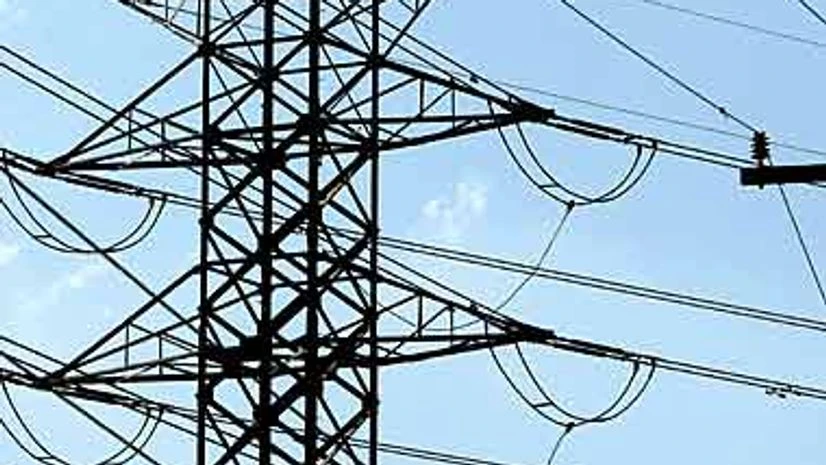As the election year inches closer, the Uttar Pradesh (UP) government is figuring out ways to meet its poll promise of power availability. While the state has signed long-term agreements for power purchase of around 5,056 megawatt (Mw), power prices have shot up.
The state government has signed power purchase agreements (PPAs) with power producers for a range between Rs 3.2 and Rs 5.1 a unit. The move to sign fresh agreements at such high rates comes at a time when power prices in spot market have touched a new low of Rs 2.5 a unit.
According to the latest data with the power exchanges, the average spot power price in October 2015 was Rs 2.73 a unit, while in November it declined further to Rs 1.9 a unit.
Also Read
Of its total power drawl of 9,281 Mw, as much as 4,225 Mw is from interstate generating stations, 228 Mw from long-term agreement, 364 Mw from medium-term agreement, 150 Mw through bilateral trade, and 26 Mw as shared agreement. The state currently procures no amount of power from power exchanges.
The major power plants from which UP has signed PPA include Harduaganj at Rs 5.1 a unit, Bajaj Hindusthan at Rs 4.71 a unit, Hindustan Power at Rs 4.7 a unit.
"There is scope of making savings to the tune of Rs 1.5 a unit, which can increase even further in the night. Uttar Pradesh can not only easily meet its power shortages, but can also procure power for their daily demand in a cost-effective manner. However, UP continues to purchase expensive power via PPAs as on date," said a senior executive, at one of the power exchanges.
Sources in the UP state power department said the Indian Energy Exchange (IEX) had approached the state to procure power from the spot market. "But we did not find the idea feasible as it is a fluctuating market," said an official in the UP Power Corporation Limited.
IEX officials, however, said the power price at the exchange has remained close to Rs 2-2.5 a unit in the whole year.
Had these contracts been signed three or four years ago, it would have been a sensible option, said a Delhi-based power market analyst. "The power prices due to several variables such as coal prices and increased congestion in network have led to power producers increasing the variable tariff. Spot prices are, however, coming down," he said.
UP had a peak power demand of 57,000 Mw during April-October 2015, of which only 8,893 Mw is met. Reeling under power cuts and irregular power supply, it suffered from supply deficit 13 per cent during the same period - one of the highest in the country - according to data with Central Electricity Authority.
In the state Budget for 2015-16, UP chief minister Akhilesh Yadav had promised 22 hours power supply to rural areas and 24 hours in urban areas by 2016. He had also promised to increase power supply to 21,000 Mw from 10,000 Mw. Elections to the UP Assembly are due in 2017.

)
